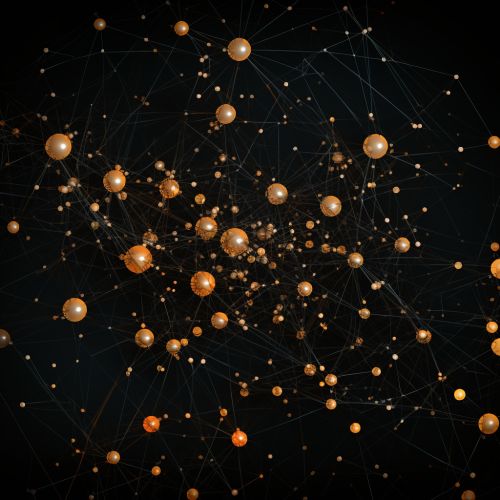Complex Systems and Network Theory
Introduction
Complex systems and network theory are two interrelated disciplines within the field of systems science. Complex systems are systems composed of many components which may interact with each other. Examples of complex systems are earth's global climate, organisms, the human brain, infrastructure such as power grid and transportation networks, social and economic organizations (like an economy), an ecosystem, a living cell, and ultimately the entire universe.
Network theory is a part of graph theory: it has applications in many disciplines including statistical physics, particle physics, computer science, electrical engineering, biology, economics, operations research, and sociology. Network theory deals with graphs that have attributes - labels or weights - attached to edges and/or to vertices.
Complex Systems
In systems theory, a complex system is a system composed of many components which interact with each other. In many cases it is useful to represent such a system as a network where the nodes represent the components and the links their interactions. Complex systems can be open or closed, meaning that they can exchange matter, energy, or information with their environment or not.


Complex systems are often characterized by an absence of a central control structure, meaning that no one component has complete control over the entire system. Instead, the behavior of the system is often determined by the interactions between its components. This is known as emergence, and it is a key concept in the study of complex systems.
Network Theory
Network theory is a part of graph theory and is the study of graphs as a representation of either symmetric relations or, more generally, of asymmetric relations between distinct objects. In computer science and network science, network theory is a part of the broader area of graph theory.
Networks can be categorized in many ways, including their topology, the types of connections between the nodes, and the algorithms used for routing information through the network. Some common types of networks include social networks, computer networks, and biological networks.
Applications of Complex Systems and Network Theory
Complex systems and network theory have a wide range of applications in various fields. In physics, for example, they can be used to model the behavior of large systems of particles. In biology, they can be used to understand the interactions between different species in an ecosystem, or the interactions between different cells in an organism. In sociology, they can be used to analyze social networks and understand the spread of information or disease through a population.
